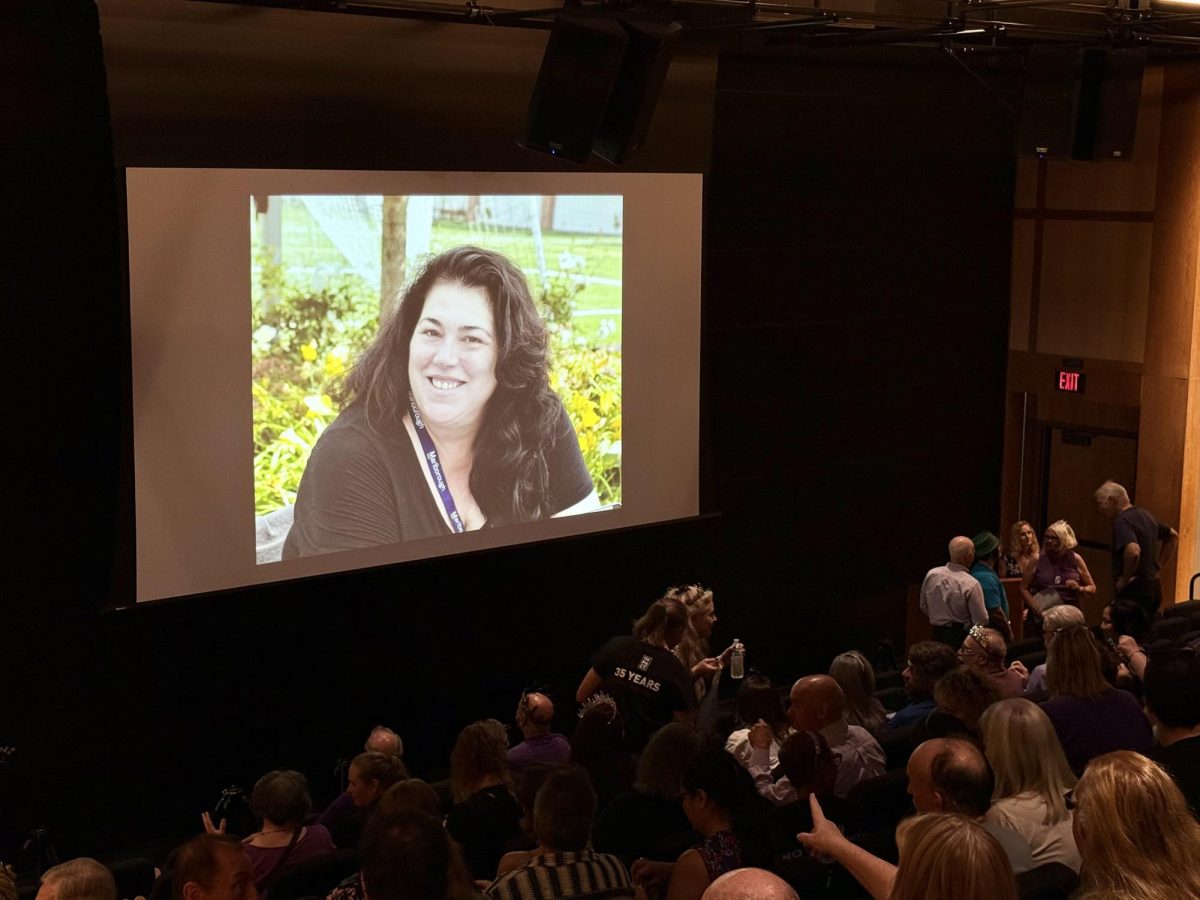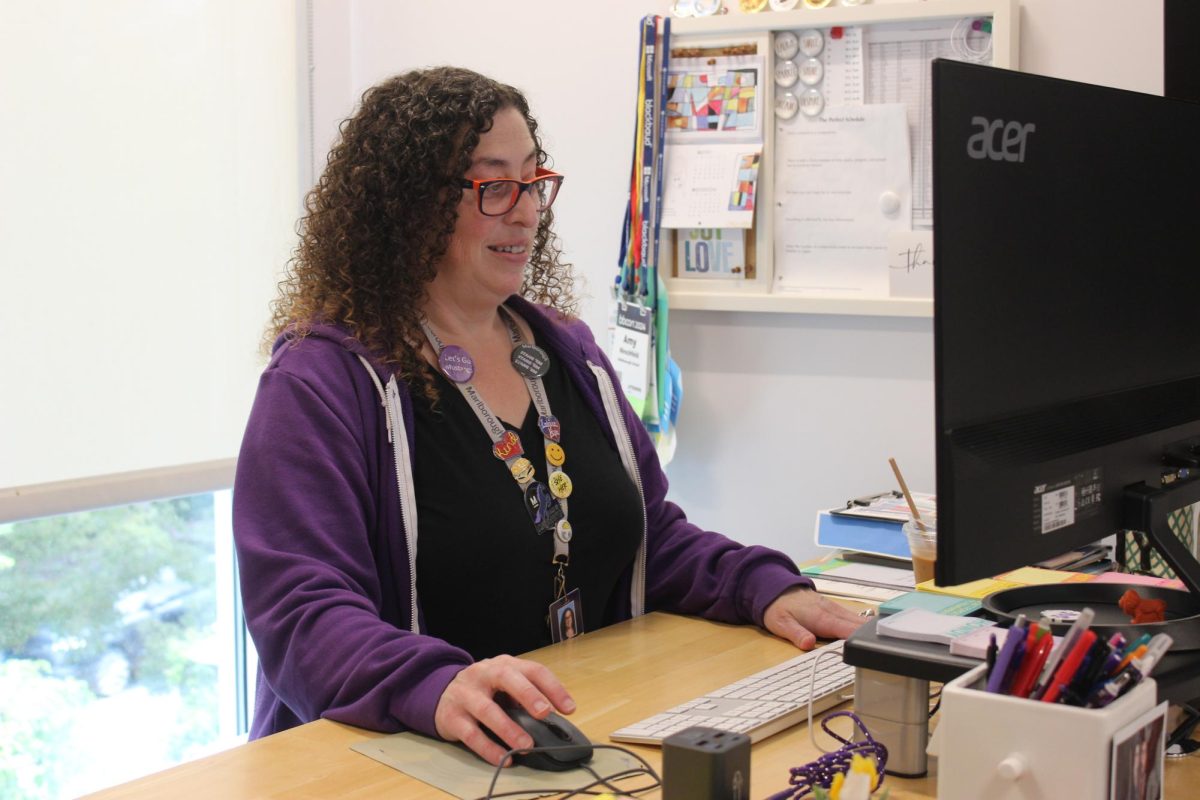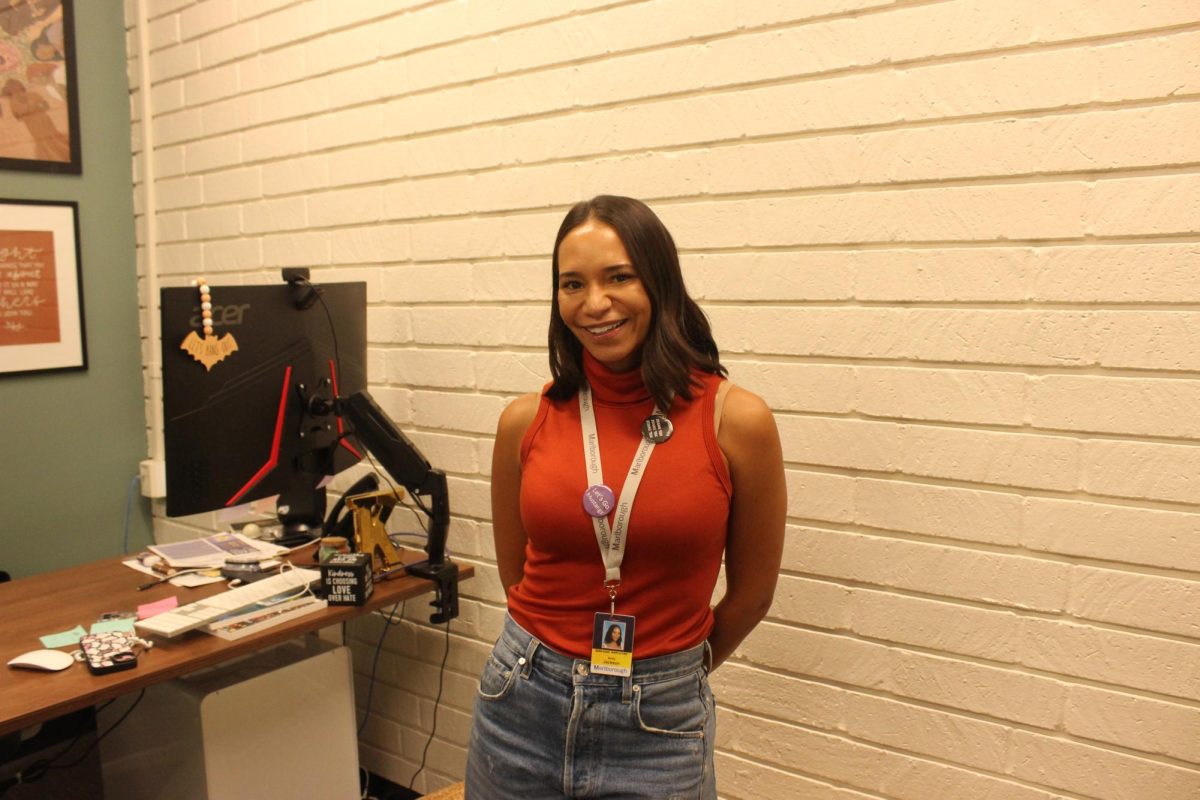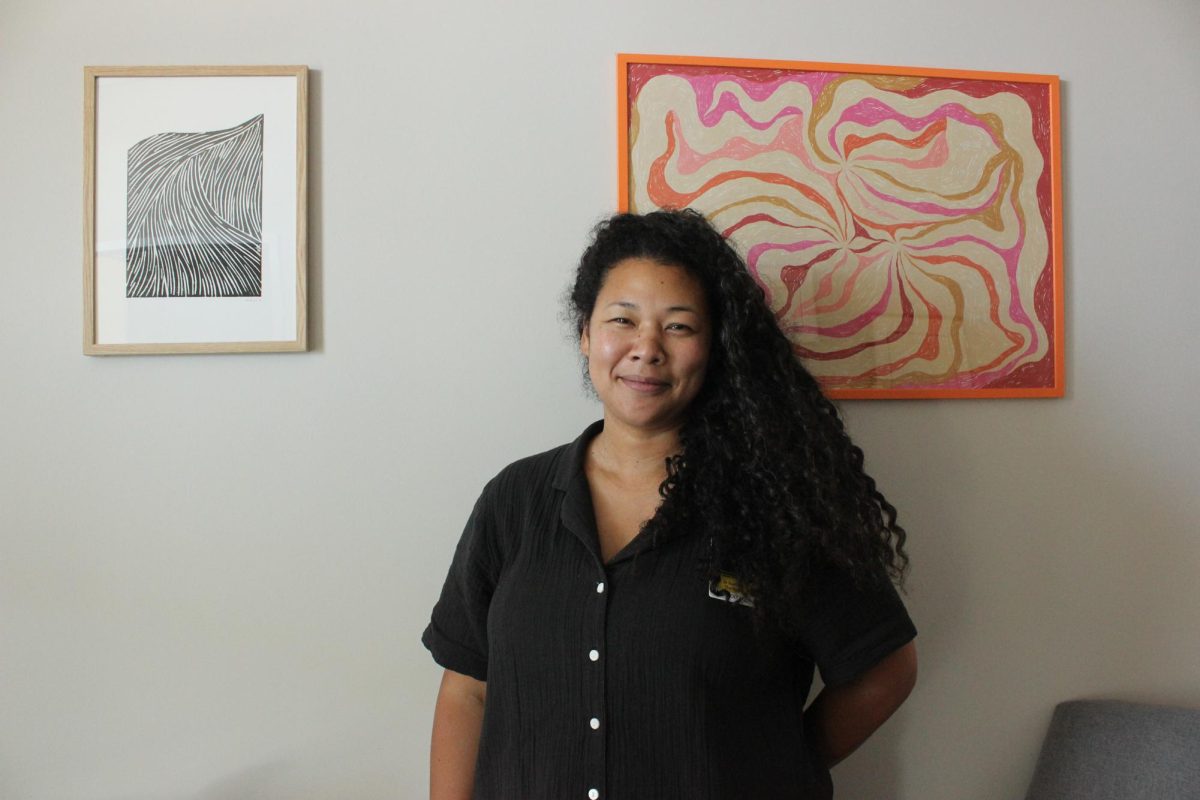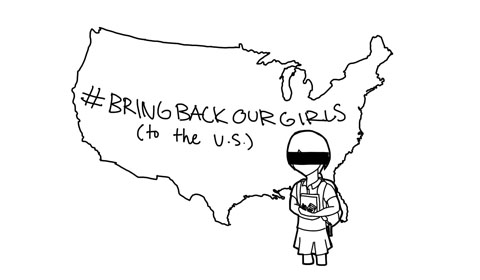
On Monday Mar. 13, 2015 Marlborough students met with Saa (an alias), one of the 270 girls kidnapped by Boko Haram terrorists in Nigeria from Chibok Government Secondary School on Apr. 15, 2014. Saa is one of the few who were able to escape the kidnapping and is now in the United States, where she recently testified before Congress about her capture and escape.
Gracie ’17, who attended the meeting in a Hancock Park home, commented on Saa’s story.
“Though we were all horrified by the story, she was calm…. Listening to her story made me realize the trauma of not being able to go to school because it’s not safe,” Gracie ’17 said. “I can’t ever imagine going through what she’s been through, but she was well-adjusted and still able to be optimistic. As I thought, she was quiet but she was confident while she talked to us and very mature.”
Boko Haram, a terrorist group in northeastern Nigeria, opposes Western education, especially the education of girls. Boko Haram’s main aim is to create an Islamic state governed by their ideology of sharia law. Using terror tactics, such as last year’s kidnapping of the girls at the Chibok school, to draw attention to their cause, Boko Haram has provoked sharp condemnation from other countries. Since 2013 the US has declared it a terrorist organization, according to BBC.
History and social sciences instructor Catherine Atwell also expressed her reaction to meeting Saa and hearing her story.
“I thought she was truly inspirational. Such courage! Yet she was also just like any other teenaged girl at Marlborough – giggly and fun,” Atwell said, “I was delighted to see that the difficult experiences she has faced have not destroyed her.”
The “Bring Back Our Girls” campaign started with Nigerian activists through protests, and through the use of social media the movement has since spread. Many celebrities, including First Lady Michelle Obama and Nobel Peace laureate Malala Yousafzai, have tweeted photos of themselves holding up sign with the hashtag #BringBackOurGirls, and the campaign picked up speed from there. Although the campaign has died down some, 230 girls are still missing. The campaign calls for the rescue of these girls and the protection of all schools from such acts of terror.
“The reason why I came to America is because if they find that we escaped, they will find us and kill our family, and I was afraid they would kill us. We are afraid to go back to Nigeria for our family,” Saa said in an interview with Christina ‘16 who attended the meeting.
While in the United States, Saa has visited Disneyland, appeared at a march on Apr. 14 in Westwood for “Bring Back Our Girls” and testified before Congress about her kidnapping. The march, including Lauren Paul from Kind Campaign and Los Angeles Poet Laureate Amanda Gorman, was meant to bring awareness to the one-year anniversary of the girls’ kidnapping.
Atwell suggested ways in which anyone can help the cause.
“We need to keep the pressure on our government leaders and to support NGOs [non-governmental organizations] working to help girls in Nigeria so that all girls have the chance to go to school without fear,” Atwell said.
Saa expressed her hope that the new Nigerian president, Muhammadu Buhari who has said that he will “stamp out” the Boko Haram, according to Fox News, will help combat the terrorist group and that she can return to improve her community in Nigeria.


